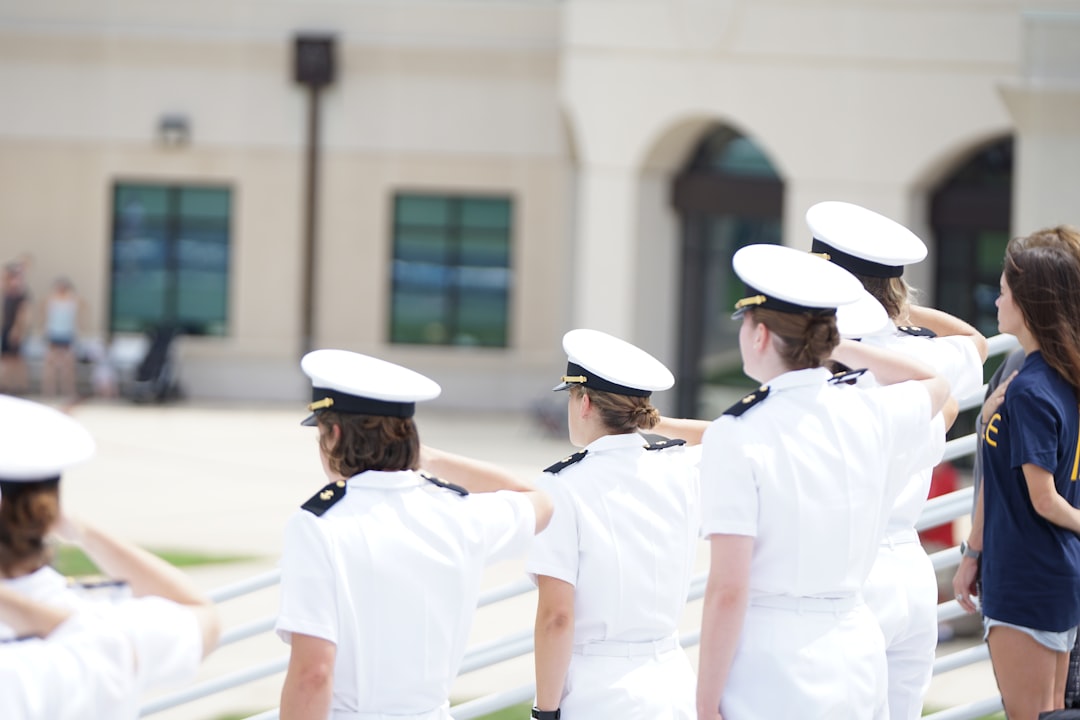Navy Sailor Kaumoana Tauā Moana
Navy sailors defend their country, keep the peace, patrol borders and provide disaster relief.
Navy sailors may do some or all of the following:
- operate and maintain military equipment, including weapons, radios, sonar and small boats
- clean, paint and repair ships and vehicles
- patrol coastal borders to prevent illegal fishing, piracy and drug trafficking
- participate in boarding and searching suspicious ships
- load and unload supplies, sometimes across ships at sea
- train in areas such as navigation, first aid and fitness
- take part in ceremonial events such as parades
- take part in peacekeeping operations
- participate in wartime-scenario training exercises
- help in search and rescue operations, and disaster relief efforts in New Zealand and overseas.
Navy sailors also train in a specific role or trade, such as electronic technician, chef or communications warfare specialist.
Physical Requirements
Sailors must pass Navy fitness tests, so they need to be fit, healthy and strong, with good hearing and eyesight (with or without corrective lenses). Some positions require you to have normal colour vision.
Useful Experience
Useful experience for navy sailors includes:
- training part time in the Naval Volunteer Reserve
- involvement in youth organisations such as Sea Scouts and Cadets
- experience at sea
- work or sporting experience in a team environment
- experience in a trade such as mechanical or electrical engineering.
Personal Qualities
Navy sailors need to be:
- disciplined and able to follow instructions
- careful and accurate, with an eye for detail
- efficient and able to work well under pressure
- practical and adaptable
- able to work well in a team.
Skills
Navy sailors need to have knowledge of:
- Navy regulations, tactics and protocol, including health and safety, ethics and conduct
- combat skills
- how to operate and maintain weapons and radio equipment
- Navy drills, exercises and seamanship duties
- first aid and rescue techniques
- how to clean and care for a uniform.
Navy sailors also need to have skills and knowledge related to their field of specialisation, or trade. For example, Navy medics need knowledge of nursing, emergency care and surgical methods.
Conditions
Navy sailors:
- usually work regular business hours but may be expected to work long or irregular hours on training exercises or when on deployment
- work on Navy ships, and onshore in New Zealand and overseas
- work in all weather conditions and may have to work in combat situations
- may spend long periods away from home on overseas assignments.
Subject Recommendations
NCEA Level 1 with 10 credits in literacy and numeracy is required for this job. Useful subjects include English, maths, science, engineering, history, languages, physical education and technology subjects.
Related Courses
Navy Sailors can earn around $51K per year.
Pay for Navy sailors varies depending on specialist trade, experience and rank.
- Navy sailor recruits in training usually earn $51,000 a year.
- Ordinary rates (recently graduated sailors) usually earn between $61,000 and $70,000.
- Able rates usually earn between $66,000 and $77,000.
- Leading hands usually earn between $73,000 and $84,000.
- Petty officers usually earn between $80,000 and $94,000.
- Warrant officers can earn between $101,000 and $120,000.
Navy sailors may also get food and accommodation allowances, free medical and dental care.
Source: New Zealand Defence Force, 2023.
Navy sailors may progress in rank to:
- ordinary rate
- leading hand
- petty officer
- chief petty officer
- warrant officer.
With further training, navy sailors can become commissioned officers.
Navy sailors may specialise in:
- combat and security
- diving
- engineering and technical trades
- catering
- intelligence, IT and communications
- logistics and administration
- medical and health.
Years Of Training
<1 year of training required.To be eligible for navy soldier basic training you need to:
- be at least 17 years old to apply (18 years old at the completion of basic training)
- have no criminal convictions
- have a minimum of NCEA Level 1 with 10 literacy and numeracy credits
- be medically and physically fit
- be a New Zealand citizen, or a New Zealand residence class visa holder.
If you meet the above requirements, you will also need to:
- pass aptitude and fitness tests
- attend a formal interview for your selected trade (area of specialisation).
Some trades have different age and NCEA subject requirements. Some trades also require you to attend and pass a residential selection board.
A current, clean New Zealand driver's licence is recommended.
On-the-job training
New Navy recruits do 18 weeks basic training at HMNZS Philomel in Devonport, Auckland.
After basic training, recruits do Basic Branch Training (BBT) to learn the basics of a specific Navy trade.

 New Plymouth Boys’ High School
New Plymouth Boys’ High School